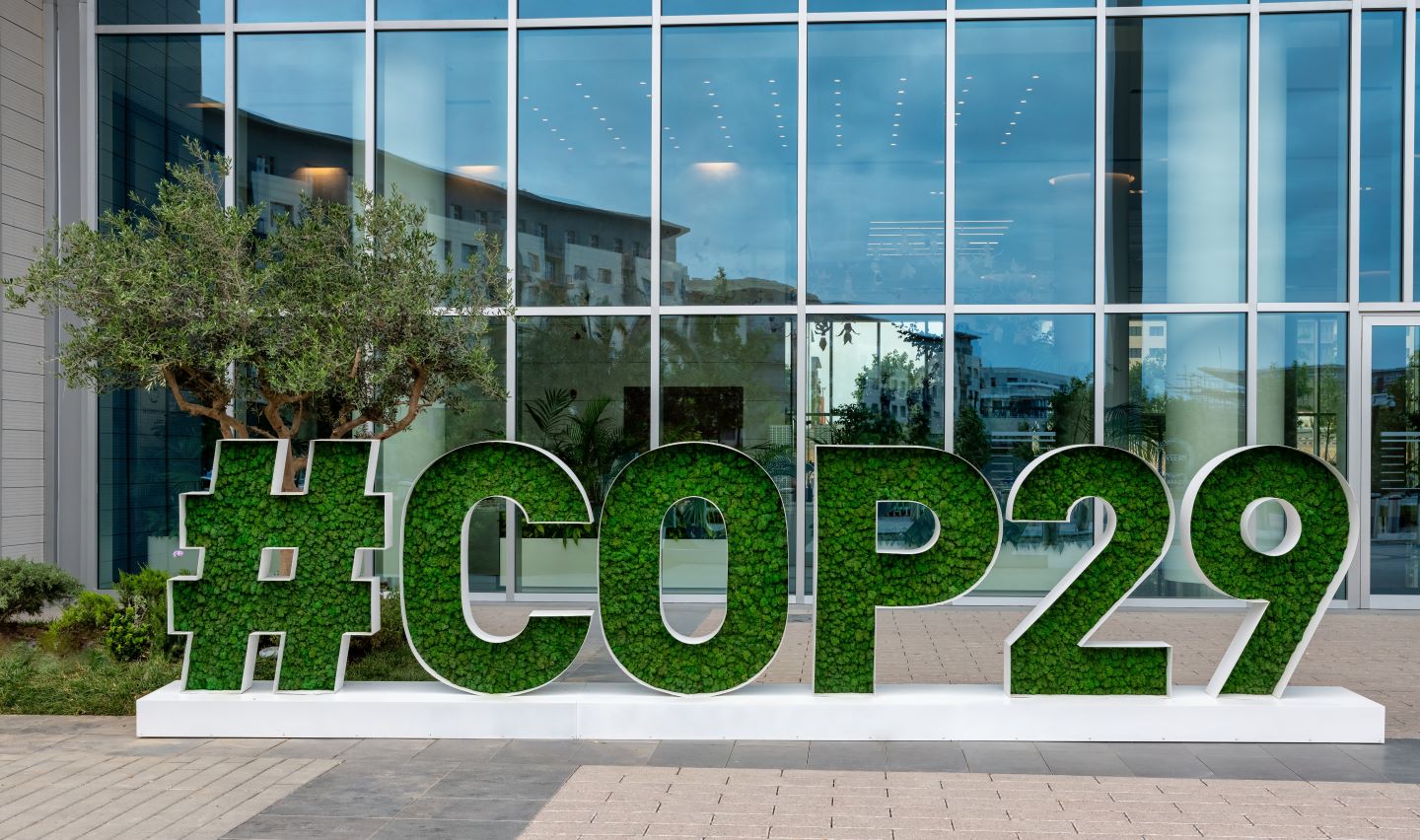Policymakers, climate experts, and lobbyists are packing their bags for COP29, the annual climate conference that will see them descend on Baku, Azerbaijan, for two weeks of discussions and negotiations.
What is COP?
COP stands for ‘Conference of the Parties’ and is an annual global summit where countries negotiate climate action strategies and assess their progress. 2024’s conference takes place from 11 to 22 November.
The conferences have led to large-scale changes in the past. The 21st COP (COP21) led to the 2015 Paris Agreement, which saw nearly 200 countries—including the US and China, the world’s two largest polluters—agree to take action to limit global temperature increases to 1.5°C above pre-industrial levels.
What will COP29 focus on?
This year’s conference will focus primarily on climate finance. It will aim for something called a ‘new collective quantified goal’ (NCQG) for climate financing. This goal will replace a previous target of $100bn annually by 2020, which developed nations failed to meet on time.
The NCQG is seen as essential for mobilising funding for developing countries to help them address climate change. One report from the Grantham Institute of the London School of Economics has estimated that developing countries outside China will need approximately $1tn of investment annually by 2030 to transition to low-emission, climate-resilient economies.
Within climate finance, a few sticking points are likely to arise. One is the role of the private sector.
Engaging the private sector is crucial for the effectiveness of the NCQG, and clear signals from policymakers recognising the contributions of institutional investors, banks, and private capital will be vital to encouraging investment in emerging markets. The involvement of the private sector is necessary to address the substantial funding gap, particularly in low- and middle-income countries that are heavily impacted by climate change.
Other issues will be around trying to define what counts as climate finance and trying to hammer out a deal on international carbon markets, an area where negotiations have struggled to progress, but which would help channel investment into climate-friendly projects.
There will also be negotiations towards a loss and damage fund, which would aim to support projects in areas impacted by climate change.
Outside of climate finance, many countries will be submitting updated climate action plans, which are formally called ‘nationally determined contributions’ (NDCs). Countries are required by their Paris Agreement commitment to update their NDCs by February 2025, and some will use the stage of COP29 to present more ambitious plans.
Will COP be a flop?
COP29 is set to face significant challenges. It has been reported in the Financial Times that the bosses of major financial institutions – including Bank of America, BlackRock, Standard Chartered, and Deutsche Bank – are expected to skip the conference entirely. European Commission president Ursula von der Leyen is also set to give it a miss.
The US presidential election victory of Donald Trump, who pulled the US out of the Paris Agreement before the following administration rejoined it, is unlikely to brighten the mood.
Neither will a new BBC investigation that purports to show the head of Azerbaijan’s COP29 team trying to use his role to discuss deals for new fossil fuel investment. Given the circumstances, COP29 may well end up being a COP to forget.





